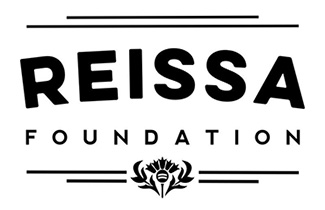The Texas Youth Permanency Study (TYPS) examines the long-term outcomes and opportunities of youth, 14 and older, in the Texas Foster Care System.
When parental rights are terminated, the child welfare system faces the monumental task of helping a child work though trauma, grief and loss when helping them find a permanent home. Permanency in the child welfare field is often spoken of in terms of a “forever family.” The assumption is that legal permanency (adoption or guardianship) will provide all the components a child needs to thrive. However, anecdotal and emerging evidence suggests that some children may live in legally permanent homes without ever feeling a sense of connection and belonging, while other children who have experienced frequent moves and placement instability may nevertheless develop strong and lasting connections to foster parents, siblings, birth parents and friends.
Early results from our pilot study suggest that focusing on legal permanency alone may not be sufficient to understand the factors that allow youth in the child welfare system to thrive and grow up to be successful adults. We learned that no matter the permanency outcome for former foster youth, having authentic relationships was key to a successful transition to adulthood. Through our pilot study’s findings, we were able to begin to provide tips to caseworkers, mental health professionals, institutions that serve foster youth, judges, birth families, adoptive families and foster families.
This Texas Youth Permanency Study seeks to understand the quality and continuity of relationships developed by youth in care and identify factors that support strong relationships that may be sustained as the youth transition into adulthood. In time, we hope to continue to gather research evidence that will help all involved in the child welfare system. Relational permanency is defined as lasting, loving, and accepting relationships with parental figures such as foster parents and birth parents, as well as siblings, friends, extended family and dating partners. How youth negotiate relationships with their birth family, especially after leaving care, is an important aspect of their transition into independence and adulthood and their relational permanency.
Brought to you by

Sponsoring Organizations



